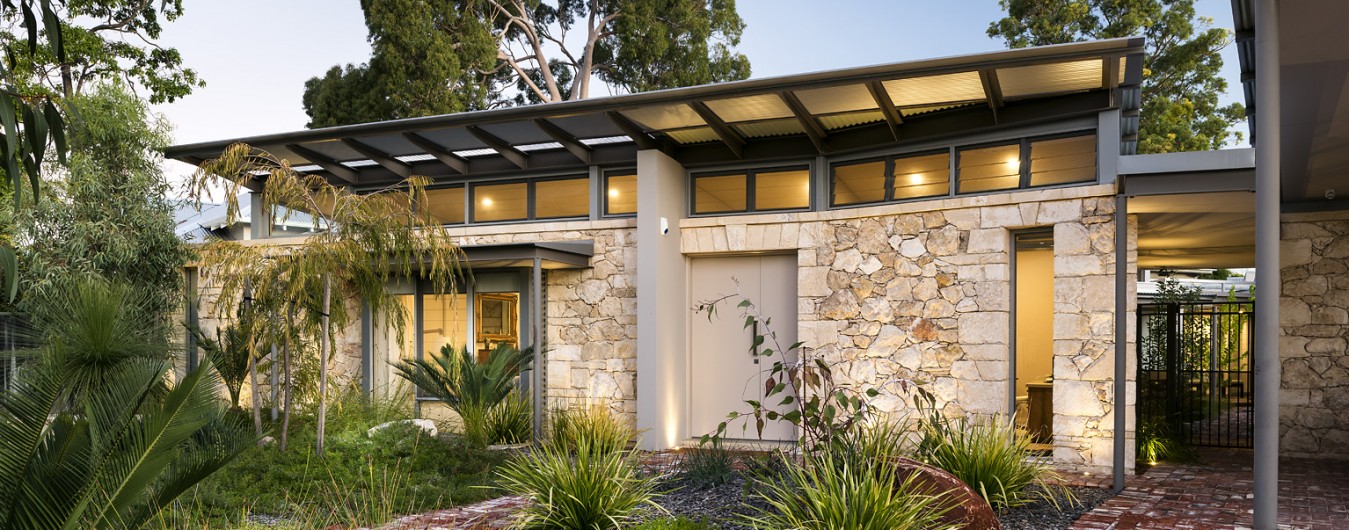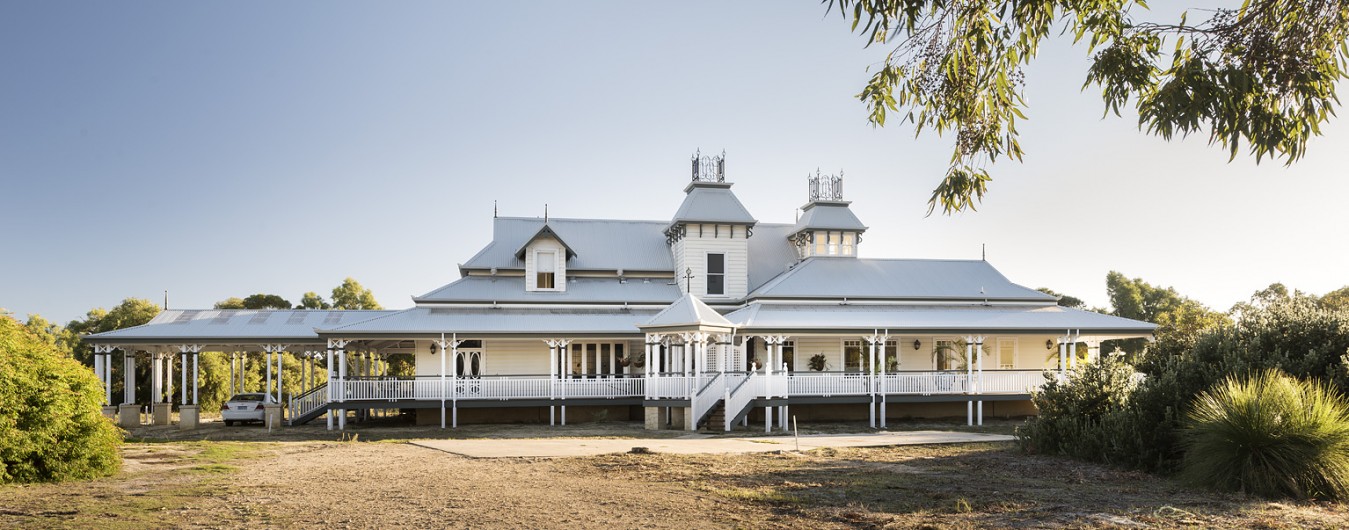An informed opinion by Gary Burke to a basic question by Garry Baverstock AM
Gary Burke is a sustainability strategies consultant, specialising in sustainability-framed economics, and at the time of this article was in the process of finalising his PhD. Gary is also an accomplished musician. He has spent a lifetime thinking and investigating how our economy should be based to maximize true wealth and happiness.
Question by Garry Baverstock
What is stopping the mainstream use of solar and renewable energy?
After many discussions I asked Gary, why he thought governments have not supported a comprehensive switch back to a solar economy, when it is obvious for sometime now that this planet is in a dangerous position due to depleted of many energy resources and fossil fuels, and the huge looming disaster of Climate Change?
Here is Gary Burke’s eloquent response.
Key Issue
For me, the key governance issue is ‘why has solar and renewable
energy not already been implemented?’
The Political/Economic System
The answer is that the systemic parameters that establish the ‘viability’ are inherently non-sustainable. This is a legacy of the dominance of neoclassical economic theory in the policy world; neoclassical economists dominate treasuries and their way of thinking is about as realistic a medicine was in the 19th century when they would use leeches to bleed people as a cure for most illnesses.
What is Sustainable and Understanding the Terminology?
To help clarify the situation, I draw a conceptual distinction between ‘non-sustainable’ – which is system-based – and ‘unsustainable’ – which is behavioural. Using this distinction, we can differentiate between strategies that are needed to remediate behavioural unsustainability (e.g. dumping pollutants in rivers) and systemic non- sustainability (e.g. assessing renewable energy as unviable). Non- sustainability requires policy, institutional and epistemological change — i.e. changes in the way we think about things.
The Solution
The solution is to move towards sustainability, but the problem is that the notion of sustainability has been arrogated by economists, so that, even supporters like you, don’t like to use the word.
So governance for renewable energy means both creating a policy framework that can accommodate the complexities of the real world as we now know it (e.g. biophysical limits to the planet, peak oil, butterfly effect, etc), but also there needs to be a disarrogation of policy from the economists who believe everything has a bottom line measurable in dollars and cents. I argue in my dissertation that when sustainability is disarrogated from neoclassical economists (e.g. abolish meaningless and thought-corrupting concepts like natural capital as representations of nature, human capital as representation of human potential, and social capital as a representation of community development), then a sustainability-framed economics becomes possible.
In other words, with a sustainability concept designed to accommodate complex and dynamic systems, then we can ask ‘what sort of economics do we need to help us manage in this context?’ So, instead of saying ‘is sustainability economically viable’, we assess economic policy to see if provides sustainability.
Switch of Priorities
This ‘mental switch’ of priorities, then makes the governance of solar and renewable energy very viable because it stands up when considered in a sustainability context.
I detail such a sustainability policy framework in my dissertation: it is derived from biophysical parameters and limits, sustainability principles (e.g. precautionary principle, intergenerational equity, cultural respect, etc), processes that accommodate complexity and dynamic ‘learn as you go’ strategies, and perspectives that acknowledge that humans are able to, and need to live and work with nature in ways that enhance well-being on the planet.
This is not pipedream stuff; there is plenty of literature about theory and practice of these aspects: reflexive governance, adaptive management, transition management, community engagement, action research, green accounting, etc. The problem has been that sustainability has been approached with an economic interpretation, rather than as a multidimensional, multifaceted systems phenomenon. I call it the ‘Tragedy of Economism’ because policymakers have simplified the complexity of the issues, and they have arrogated the concept of sustainability, in ways that suit their simplistic, unrealistic, methodologically corrupt approaches to economic management.
Therefore, solar and renewable energy strategies are dismissed as being unworkable. I argue that neoclassical economics is non-sustainable and needs to be reconceptualised, and accounting systems recalibrated to accommodate what is really going on in the world. I detail how this may be done in my dissertation.
Change is Possible
For those who think it is impossible to change, consider the changes made in public health since the end of the 19th century when germ theory was finally accepted after decades of denial: disease was no longer thought of as ‘humours’ from air-borne spirits, but from bacteria in dirty water. The response was a massive investment in
public health and hygiene: engineering, education, social reform… Or consider the abandoment of phlogiston theory in the late 18th century which was still taught when Adam Smith wrote ‘The Wealth of Nations’. Not only did phlogiston theory provide a false account of how the world was constituted (phlogiston was an imagined substance absorbed from the sun and released in combustion as flame) but it also caused scientists to be wrongly focused on trying to understand fire – because it was one of the key elements of the Aristotlean paradigm. When oxygen was isolated (or de-phlogisticated air, as it was known), a group of aware chemists realised that a totally new language and
scientific paradigm was needed to accommodate the world as they now knew it. Hence, the elements of modern chemistry, the periodic table, etc.
This paradigm shift was not done easily, or without conflict. It required a group of dedicated scientists and practical realists to insist that chemistry needed integrity that matched current understanding.
The other example of paradigm change that is particularly relevant to renewable energy is the abolition of slavery. Although the argument for the abolition was essentially a moral and ethical one, the main argument against it (which is pretty well forgotten now) was an energy-based argument. A slave-based economy had become dependent on a source of ‘free’ energy (ie the slaves): surely the economy would crumble if slaves were freed and people had to pay for labour?! It didn’t because correct, moral and ethical decisions create stronger communities and hence, more confidence to engage in economic activity. The collective guilt is lifted and people lighten up.
The parallels with the renewable energy debate are obviously similar: if renewables became mainstream a whole lot of collective guilt would be lifted and people could get on celebrating life and helping to enhance the gifts that life brings.
Paradigm Shift
I argue that a similar paradigm shift is needed to countervail the dominance of the inadequate and iatrogenic neoclassical economic paradigm. I demonstrate in my dissertation how this is best done in a free enterprise economic framework, but one in which sustainability frames the viability of investments.
Without the paradigm shift, and the concomitant change in thought processes, the implementation of renewable energy will be considered unviable because the economic framework that is doing the viability assessment is itself non-viable. Without the shift towards a sustainability policy framework, platitudes and generalisations about more education, government support, etc will continue to be made. Arguing for renewable energy in the contemporary policy framework that is dominated by neoclassical economic arguments is to remain trapped in a cul de sac. The same arguments emerge time and again. Check out the history of renewable energy organisations and movements; pull out the ‘barriers to renewable energy’ research that was done 20 years
ago. It is all there. The problem is the implementation gap that exists because renewable energy cannot be deemed economically viable in an inherently non-sustainable framework.
The good news is that a paradigm shift can be done merely by changing our way of thinking. If we believe that we are homo sapiens, then surely thinking differently is one of the key survival strategies of our species.
The other example of paradigm change that is particularly relevant to renewable energy is the abolition of slavery. Although the argument for the abolition was essentially a moral and ethical one, the main argument against it (which is pretty well forgotten now) was an energy- based argument. A slave-based economy had become dependent on a source of ‘free’ energy (ie the slaves): surely the economy would crumble if slaves were freed and people had to pay for labour?! It didn’t because correct, moral and ethical decisions create stronger communities and hence, more confidence to engage in economic activity. The collective guilt is lifted and people lighten up.
The parallels with the renewable energy debate are obviously similar: if renewables became mainstream a whole lot of collective guilt would be lifted and people could get on celebrating life and helping to enhance the gifts that life brings.
Gary Burke presents his views in a talk entitled: ‘The Tragedy of Economism: How economists are thwarting effective sustainability policy’ in April, 2011 at Curtin University in Western Australia. Please email www.solar-e.com for further details.
Further reading of Gary’s work on this subject is available in the repository section of this web site.
http://www.solartec.iinet.net.au/solare/main/investment.htm















